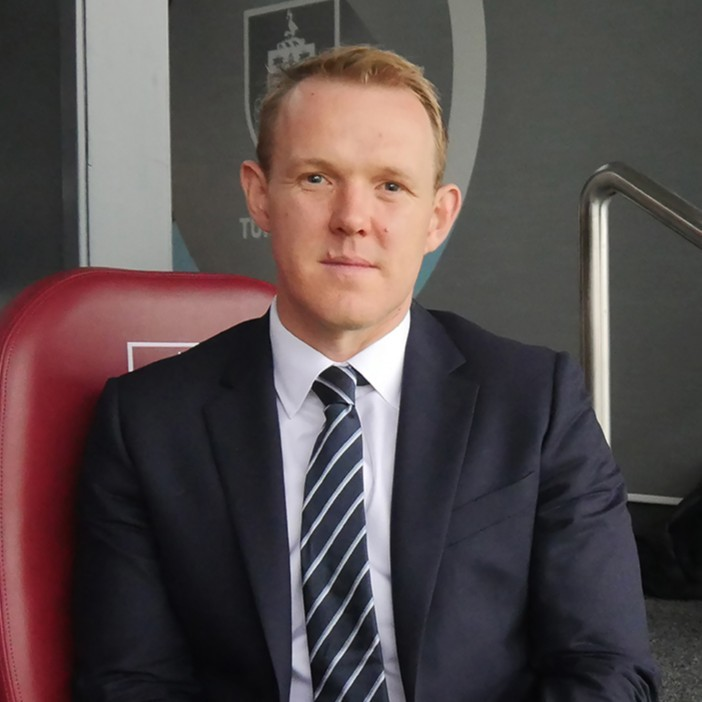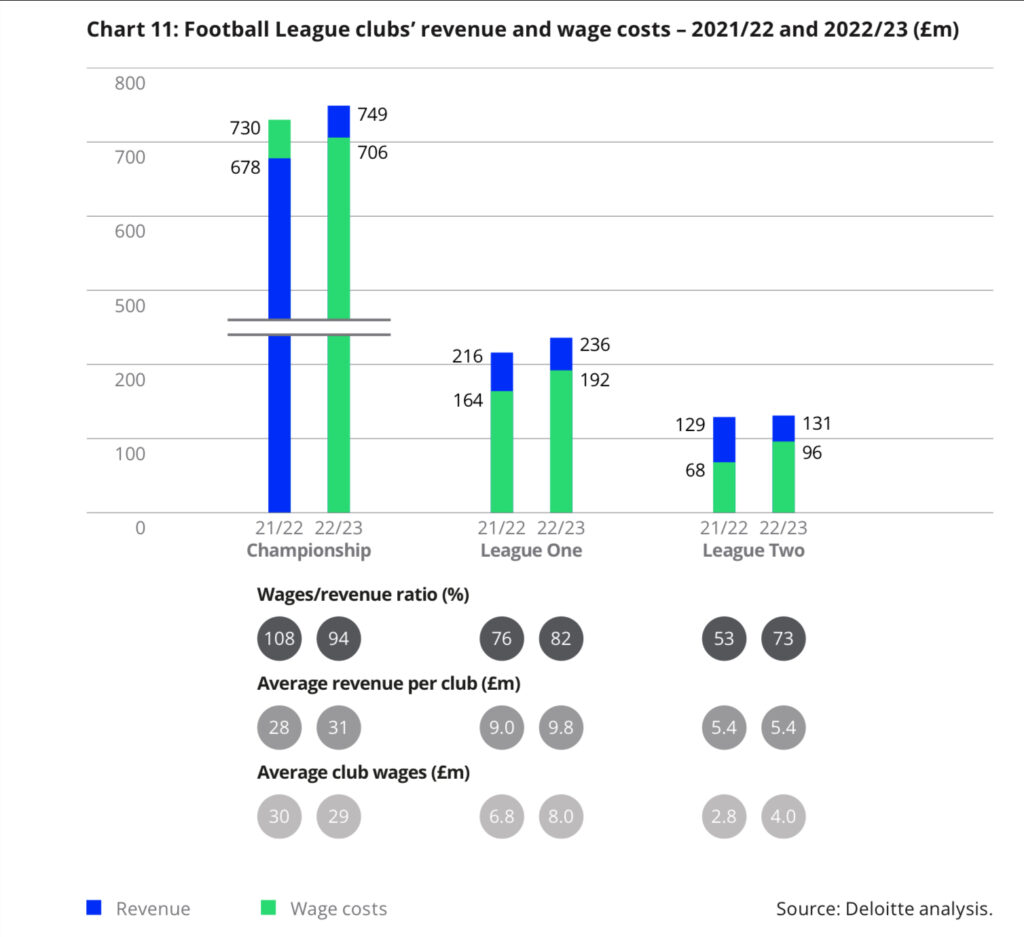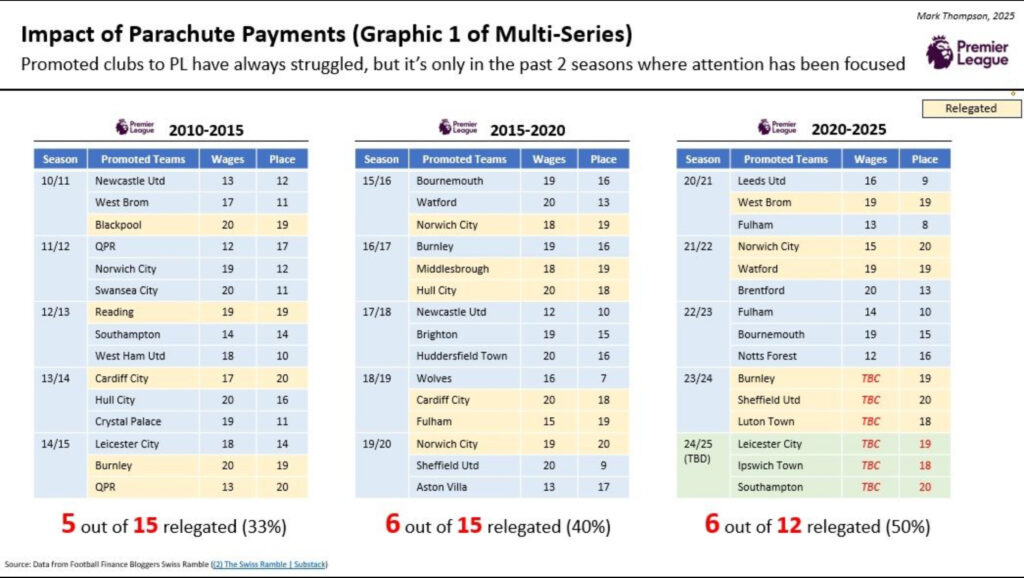English football’s unsustainable economic model has reached a critical tipping point, with former Premier League club CEO warning “the way things are going, you’ll probably see more clubs go to the wall.”
League One club Reading FC faces potential expulsion from the English Football League after the organization issued a May 5th deadline for Chinese owner Dai Yongge to sell the club, following years of financial mismanagement that saw a recent winding-up petition withdrawn only after last-minute intervention.

The situation at Reading, which follows Derby County’s 21-point deduction and administration last season, reflects a widespread financial vulnerability according to former Burnley CEO Mark Thompson.

“Every single club… loses money in normal circumstances,” Thompson said.
The pattern is repeating at an alarming rate. Sheffield Wednesday, despite competing in the Championship, failed to pay player wages in March, triggering protests from supporters demanding change in ownership, while Southend United narrowly avoided liquidation after settling a £1.5 million tax bill just hours before a High Court deadline.
“If you look in the last five years there aren’t many club owners who have made any money at all. They’re making massive losses on paper,” Thompson said. “The only ones that make money are the ones selling the clubs.”
The financial pressure extends beyond individual ownership failures, with the Championship operating on what experts describe as a fundamentally broken business model. Championship clubs spend “107% of turnover on player wages” while competing for just three promotion spots annually.

The changing ownership landscape provides both salvation and concern. Adam Williams, head of football finance writing at GRV Media, points to this trend as part of a wider shift. “A lot of these clubs that are PE (Private Equity) or American owned are moving to sort of experience based models and it’s less of a community based ethos of clubs and more of a global approach,” he explained.
“We’re seeing leagues within leagues now,” Williams added. “The concept of yo-yo clubs isn’t new, but I think we’re seeing that structure sort of becoming more intrenched and more pronounced.”
The controversial parachute payment system, which provides relegated Premier League teams with up to £90 million over three years, creates what Thompson describes as “a middle class of clubs” with unfair advantages.
Yet, deeper analysis may show that parachute payments aren’t the root cause to a widening gap, as he explains it is a lot more complicated with it having, in his eyes, more benefits than drawbacks.

Meanwhile, fans are feeling the squeeze as ticket prices remain high despite the cost-of-living crisis. Lower-league clubs, unlike their Premier League counterparts with lucrative TV deals, remain heavily dependent on matchday income.
“In the economy at the moment a lot of people can’t afford to spend £40 on a ticket,” Williams said, warning that declining attendances could further destabilise club finances.
Without meaningful reform, more clubs will likely follow Oldham Athletic’s path – the former Premier League founding member became the first ex-top flight club to drop into non-league in 2022.
Leave a Reply